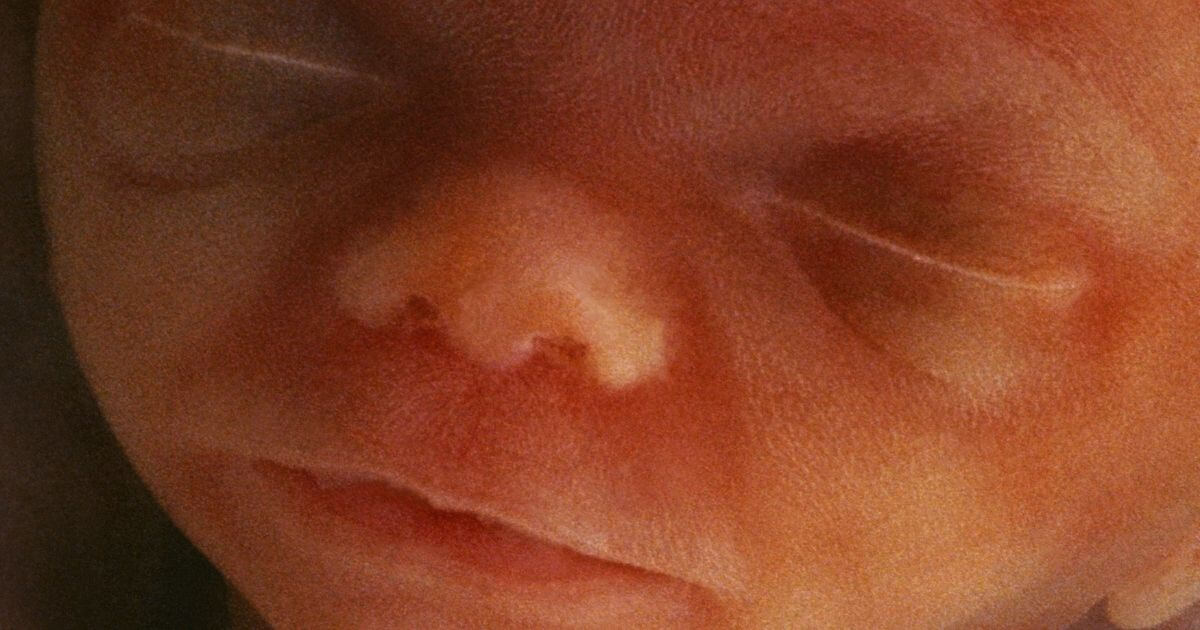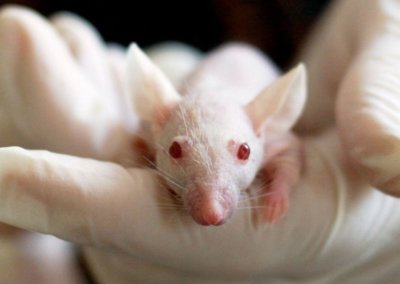As a number of scientists estimate that we could start developing artificial wombs within ten years, questions are being raised about the ethics of such a practice.
Pro-life advocate, Madeline Page, appeared on GB News yesterday to discuss advances in artificial wombs and their likely use for humans in the not too distant future. Whilst affirming that many pro-lifers may welcome the introduction of artificial wombs insofar as they would highlight the humanity of children in the womb, Madeline also acknowledged the potential downsides whereby the unnatural process alters the experience of prenatal mother-baby bonding.
However, with this new technology, questions about the natural relationship between mother and child are raised, as are questions about the ethics of abortion.
Madeline said: “Part of me thinks that it could be quite a good thing for the pro-life movement. It will enable us to re-humanise the unborn”.
She went on to argue that supporters of abortion might be “quite anxious… because obviously now women would have the option to, if they didn’t want to be pregnant, to put their child into an artificial womb”.
Arguments for abortion based on bodily autonomy, epitomised by the slogan “my body, my choice”, seem to be undermined by the introduction of artificial wombs because with artificial wombs, a woman would not have to end the life of her unborn baby through abortion to maintain her autonomy (at least according to the argument), but would be able to remove the child and place him or her in an artificial womb.
Madeline went on to argue that artificial wombs do “have other implications for the natural side of things and the bond between mother and child”.
“The NHS talk a lot about… the importance of that bond, that natural bond between mother and child that happens while the child is in the womb…”
According to the BBC, the goal of artificial wombs is “to provide care for extremely preterm babies [who] can’t be treated in traditional incubators because their organs are not fully developed, especially the lungs. Successful trials have been done in premature lambs”.
Author and bio-engineer Helen Sidgewick said that if artificial wombs become sophisticated enough so that gestation can take place entirely outside the human body “then viability begins at conception, and that’s quite a huge shift”.
Some big players in the tech industry such as Sahil Lavingia, the man behind the image sharing and social media site, Pinterest, and Vitalik Buterin, one of the founders of the cryptocurrency, Ethereum, have expressed support for the idea.
In a tweet, Lavingia said: “We should be investing in technology that makes having kids much faster/easier/cheaper/more accessible Synthetic wombs etc.”
Right To Life UK spokesperson, Catherine Robinson, said: “This technology is really a mixed blessing. On the one hand, if the technology works, it means that babies born prematurely have a far greater chance of survival than they would have done without artificial wombs. On the other hand, the possible severing of the mother-child relationship in pregnancy will not be without consequence”.
“As Madeline said, artificial wombs raise acute questions for the supporters of abortion because, in theory, the already flawed bodily autonomy argument has no basis since it would be possible to end a pregnancy without ending the life of the baby. It is possible that when this technology comes about, we will indeed see the abortion lobby’s “true colours”.”











